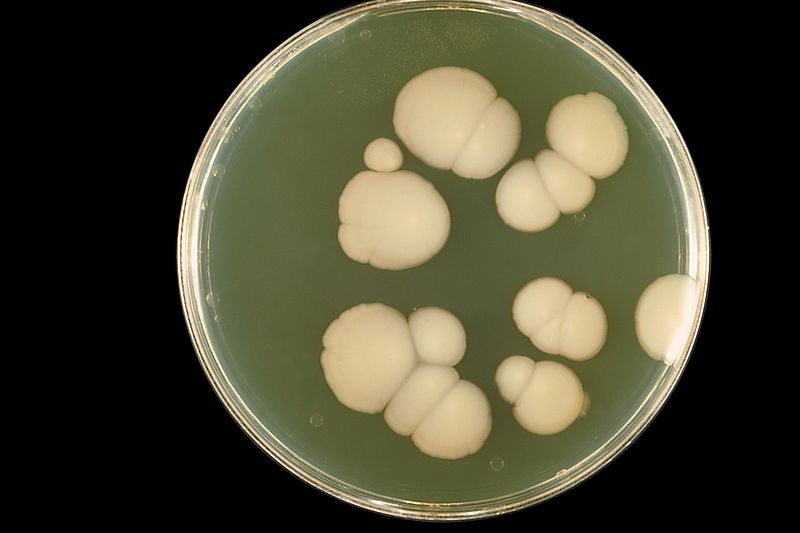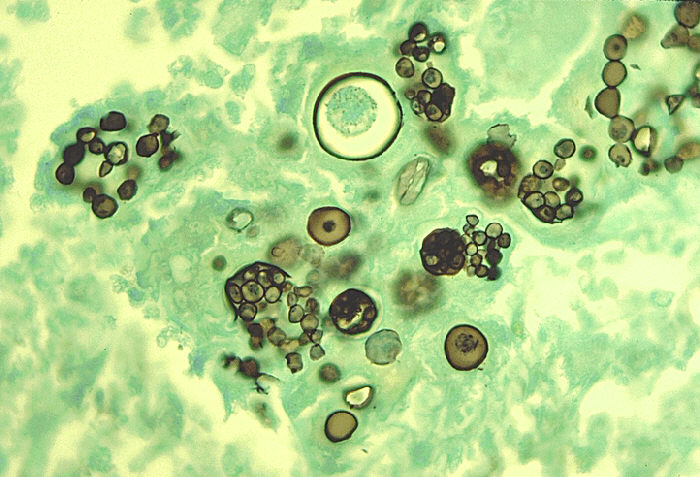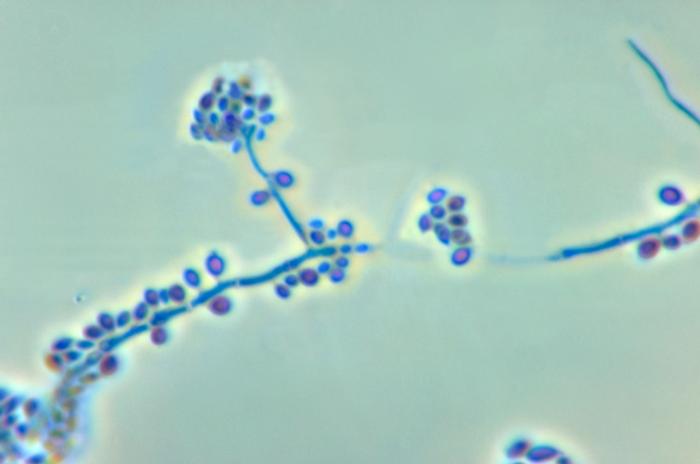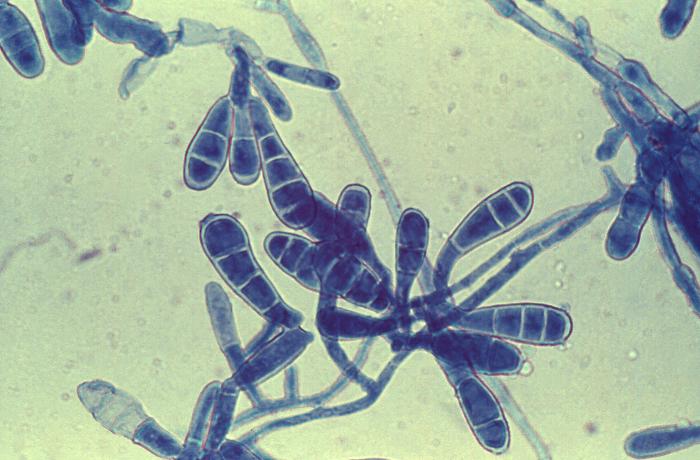Superficial mycoses are the fungal infections of the outermost keratinized layers of the skin or hair shaft, resulting in essentially no pathological changes. No cellular immune response is elicited and minimal humoral host response is observed.
These mycoses are largely cosmetic, involving skin pigmentation or forming nodules along distal hair shafts. They are often asymptomatic and host is unaware.
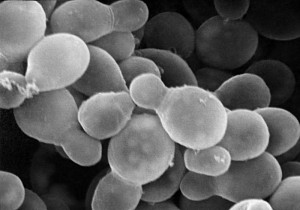
Four infections have been described. These include:
1. Pityriasis versicolor
2. Tinea nigra
3. Black piedra
4. White piedra
Superficial mycoses are caused by:
- Malassezia furfur
- P. werneckii
- Piedraia hortae
- Trichosporon beigelii
The important characteristics are that:
- Do not elicit immune response
- There is no discomfort
- These are generally cosmetic problems
- They are limited to stratum corneum
Pityriasis Versicolor
Pityriasis versicolor is caused by Malassezia furfur complex. There are discrete hyper- or hypopigmented macular lesions on skin usually onn the chest,upper back, arms and shoulders. Scaling and inflammation is minimal. There is involement of stratum corneum only.
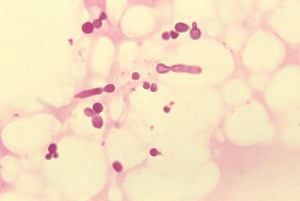
Diagnosis
1. Direct microscopy of skin scrapings treated with 10-20% KOH or calcoflour white staining
2. Lesions flouresce under Wood’s lamp
3. Culture is usually not required
4. Special growth media is required, containing lipids
Malassezia furfur produces clusters or clumps of rather short hyphae and spherical yeast cells, thus often called as “spaghetti and meatballs”.
Treatment
1. Daily application of selenium sulphide
2. Topical Azoles
 howMed Know Yourself
howMed Know Yourself

